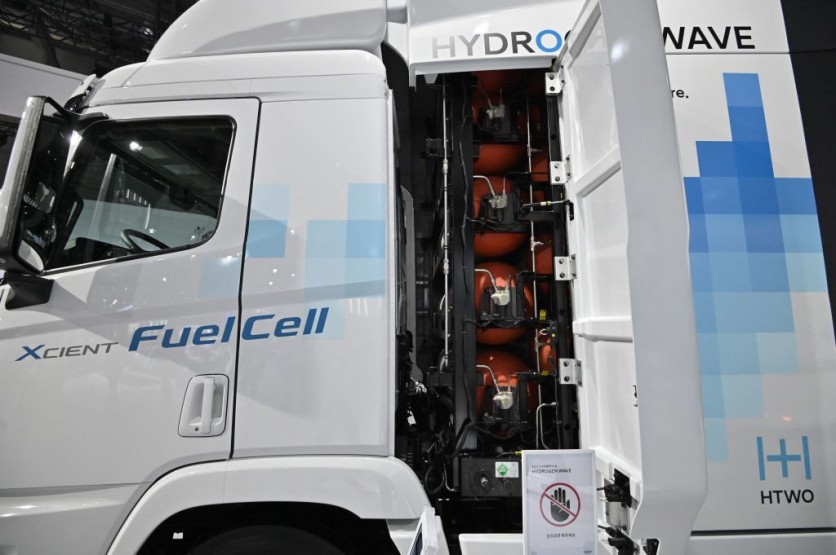WeRide, a Chinese robotaxi operator is partnering with Hyundai to launch a self-driving hydrogen-powered vehicle pilot zone, as reported by TechCrunch. The pilot zone will be located in Guangzhou.

There are no clear details yet, though. It's also unclear when the pilot will kick off and what exactly will be powered by hydrogen.
There are reports that the WeRide, Hyundai, and Hengyun will all work together to create hydrogen demand for the use of hydrogen fuel cell battery in unmanned street cleaning and ride-hailing.
Last year, Hyundai announced plans to offer hydrogen cell fuel versions for its commercial vehicles by 2028. With its recent partnership with WeRide, this could expand the use of their hydrogen products to robotaxis.
In addition, Guangzhou is an ideal location as Hyundai has been producing hydrogen fuel cell systems in the city since last year. In fact, when it opened in the city last year, he automaker announced plans to produce 6,500 units with a goal to gradually expand production capacity in line with Chinese market conditions and central government policies.
Also Read: Hyundai Keeps the Car Culture Alive With Its 'Rolling Labs,' First EV to Come Out in 2023
Hydrogen in China
The collaboration comes at the perfect time when hydrogen is becoming even more popular in China. Fuel cell vehicles have been gaining popularity in China, especially in regards to public transit and logistics. It's clear that the government has shifted its focus to zero-emission transportation and hydrogen has been at the core of those efforts.
Why Hydrogen?
There are a number of reasons hydrogen power could be the future of mobility. Not only is it zero-emission, it is also safer and far more efficient compared to traditional fuels. One of the biggest reasons why hydrogen power has been so popular in China is because it's far easier to store and use compared to other alternative fuels. For example, hydrogen gas is only slightly lighter than air, making it easier to store, transport, and use.
The only major drawbacks to hydrogen power for mobility is it doesn't store as well as gasoline. However, considering the fact that fuel cell vehicles can run about three times longer than electric vehicles on a single charge, it's clear that hydrogen has a lot of potential.
At this point, it's unclear what Hyundai and WeRide have planned for the future of mobility. One thing is for sure, though. Both companies are very clearly dedicated to pushing for the growth of hydrogen power for the future of mobility.
With a widespread look into the future, it's clear that hydrogen vehicles will continue to grow in popularity and could be a major player in the mobility space. With the right support, it could easily become the fuel of the future.
Related Article: Hyundai's First US EV Plant is Opening in Georgia! Here's What to Expect
This article is owned by Tech Times
Written by April Fowell
ⓒ 2026 TECHTIMES.com All rights reserved. Do not reproduce without permission.




